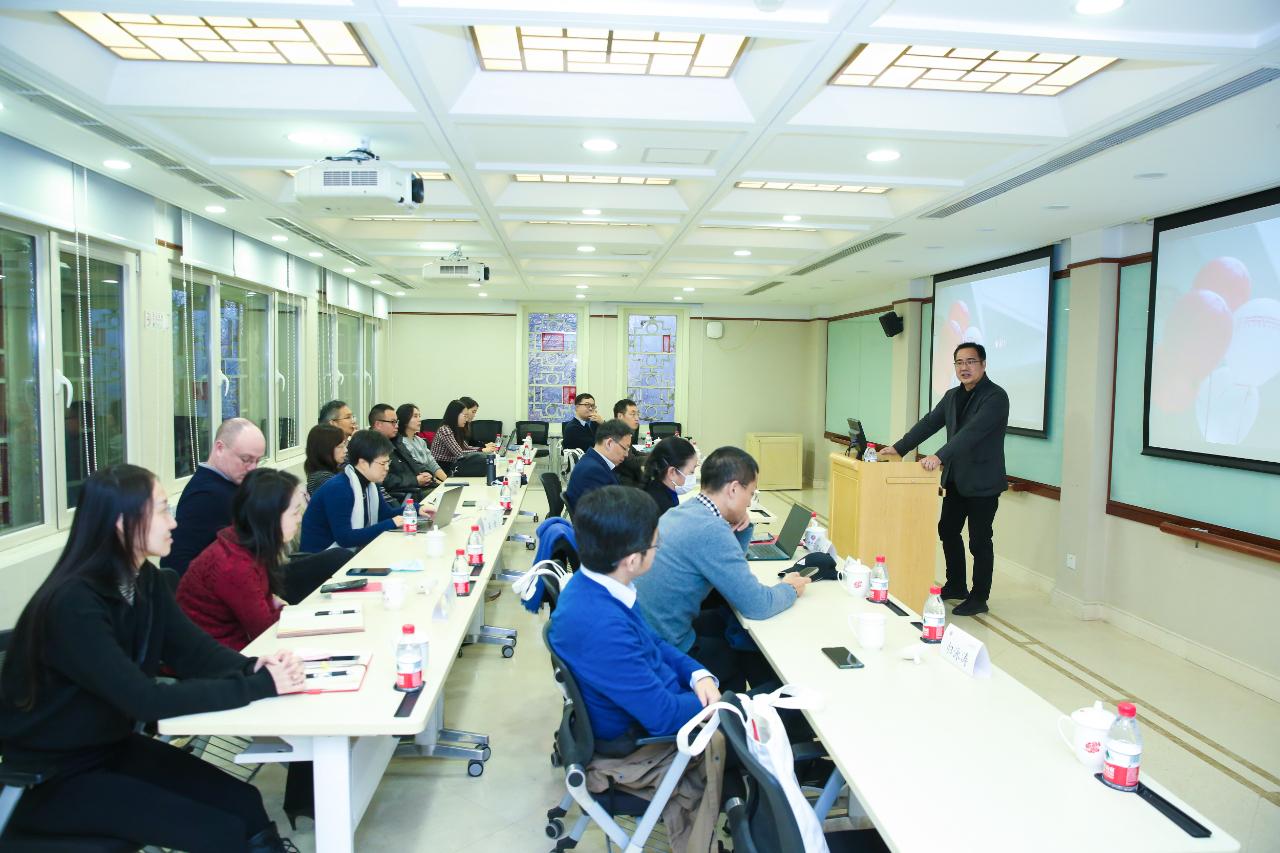On November 11, Yenching Academy Teaching and Steering Committee members gathered for an annual meeting at the Jingyuan Courtyard 4. The conference aimed to keep YCA staff and advisors up to date and involved in the developments happening and discuss new ideas to advance the quality of the Academy.

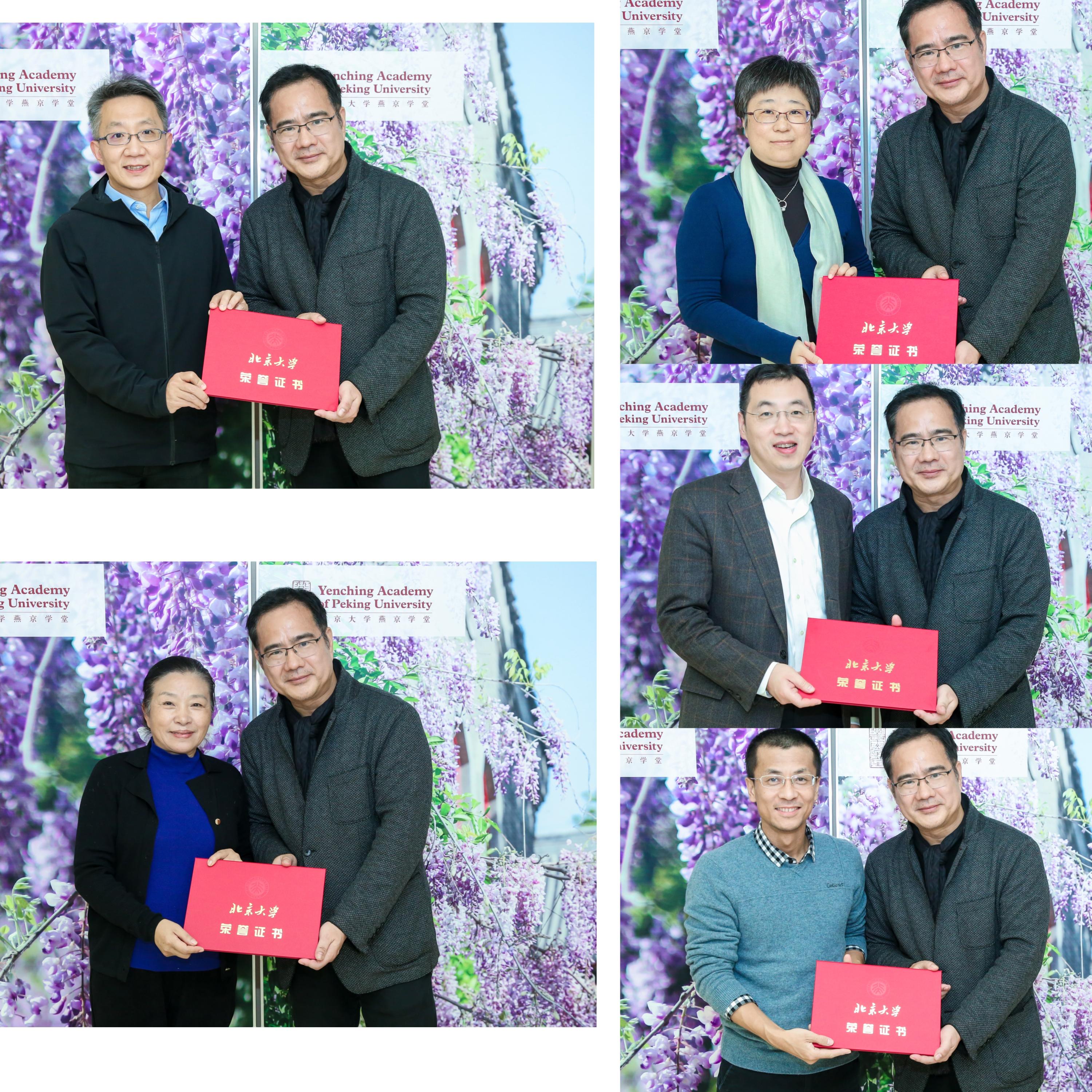
Associate Dean Fan Shiming chaired the meeting and introduced the international students resuming on campus this year. Professor Fan elaborated on the Academy's operations, detailing new challenges in different areas, including admissions, training, and faculty, and calling for suggestions and advise from the committee members.
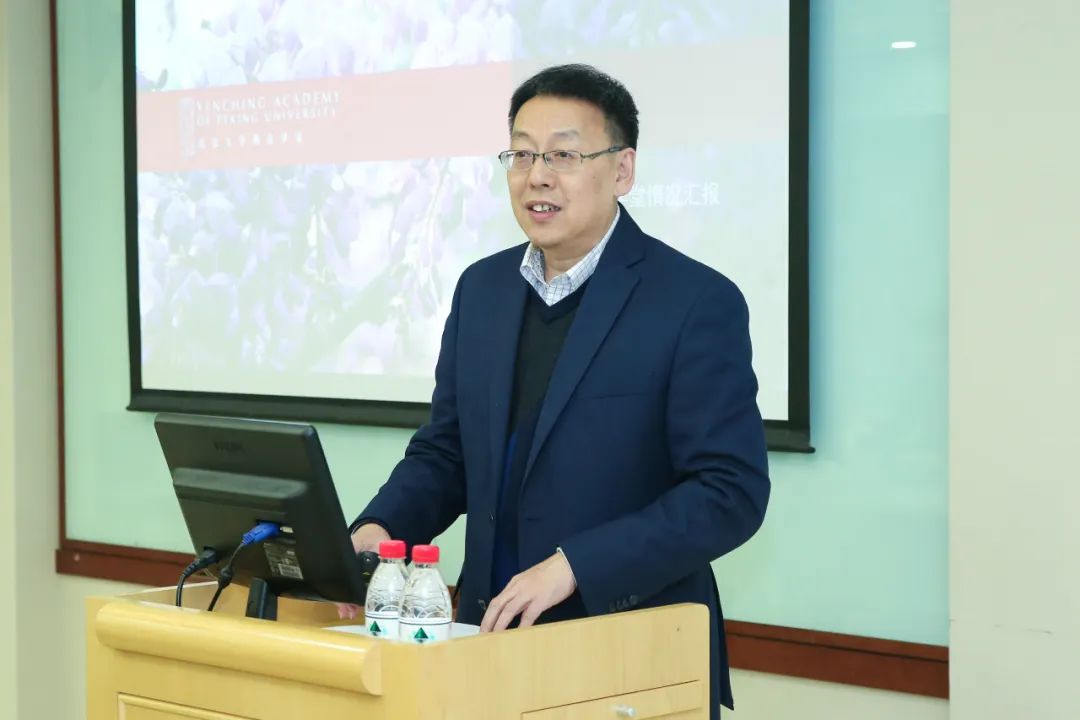
Dean Dong Qiang discussed the new understanding of China Studies and the future path of the Academy's program. Dean Dong presented appointments to Cheng Sudong, Gui Yongtao, and Tian Kai. The Dean also conferred certificates of merit to Guo Li, Zhang Shiqiu, Wu Jing, Ha Wei, and Cheng Lesong, winners of the PKU Awards for Teaching Achievements in Higher Education. He expressed his appreciation for the teachers' contribution to the Academy's interdisciplinary program in China Studies that incorporate academic training and practical experiences from Chinese and international Scholars and perspectives.
Dean Dong extended his gratitude to the committee members and attendees. Appointed the Academy's Dean at the end of 2021, Professor Dong has closely collaborated with his colleagues and maintained good relations with Yenching Scholars, increasingly learning about the Academy and its operations. An erudite scholar of foreign cultures and cross-cultural communications, Professor Dong's ideas have included what China Studies should mean and do in the future. He hopes he and his colleagues could together break new grounds in the disciplinary field of China Studies.
Dean Dong illustrated his ideal pattern of education the Academy could offer. The Academy's program in China Studies facilitates students to gain an objective, descriptive observation of China's realities, thus, building their understanding of China and framework for assessing different aspects of their and others' perspectives of China. In a sense, this pattern answers education's requirements and goals. Yenching Scholars are expected to forge critical thinking to construe and explain happenings in China and prepare themselves to substantively promote relationships between China and the world, using the skills, knowledge, and experiences gained studying at the Academy to stand out as leaders in any field of their choosing. It is what the Academy works for and what China Studies aim to attain.
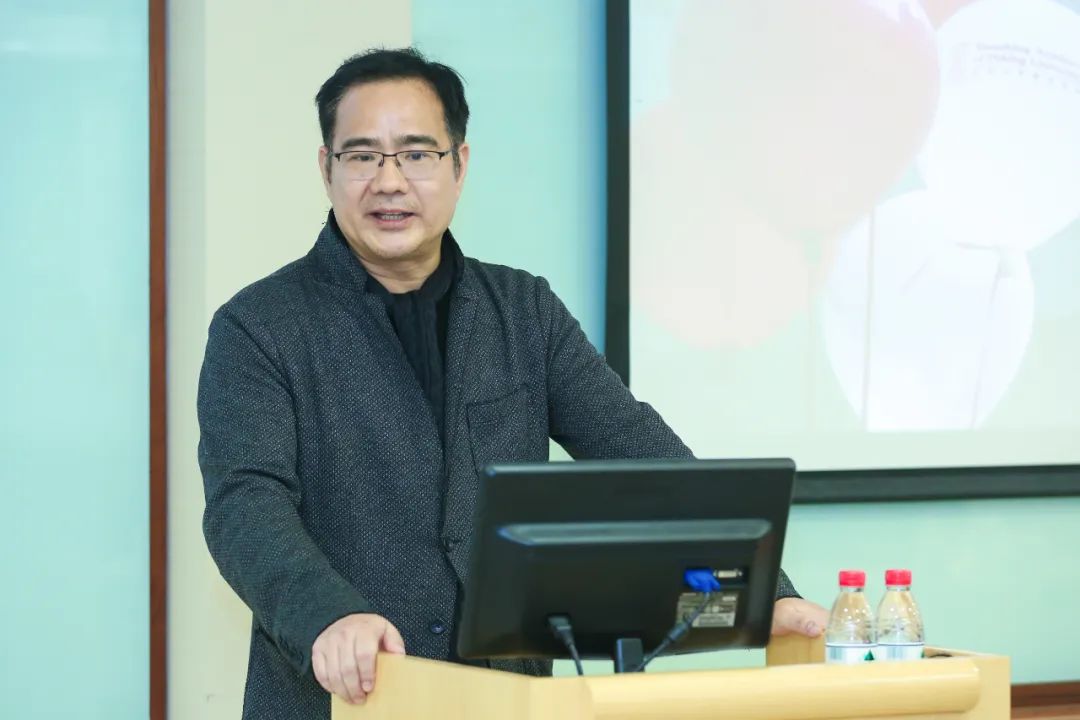
The attendees explored the possibilities for discipline construction and training patterns.
Professor Gui Yongtao (PKU School of International Studies) saw the ideas as a significant attempt to improve the Master's program in China Studies. The case of China has injected something new into China Studies as a discipline, which has, in turn, seen general progress.
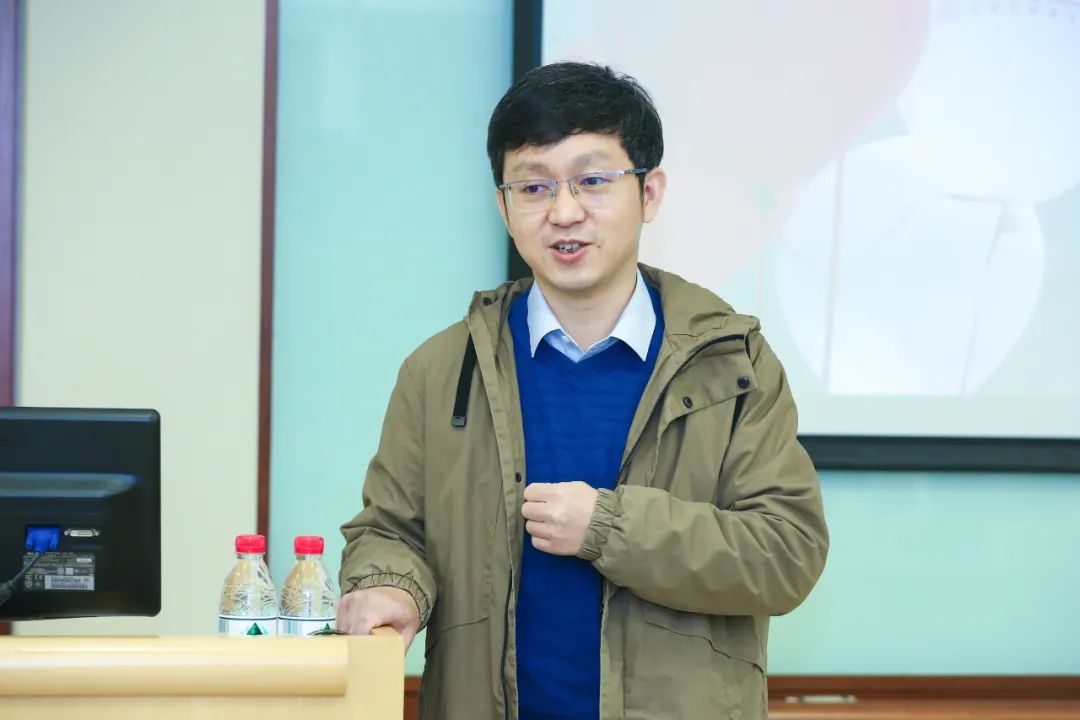
Professor Cheng Sudong (PKU Department of Chinese Language and Literature) suggested an intercollegiate training pattern for YCA Scholars since the Scholars' research interests vary greatly among the tracks under the Academy's China Studies program. Prof. Cheng expressed his hopes to see more YCA Scholars sit in classes taught in other departments and schools specialized in relevant subjects and be prepared as a new generation of top-notched scholars.
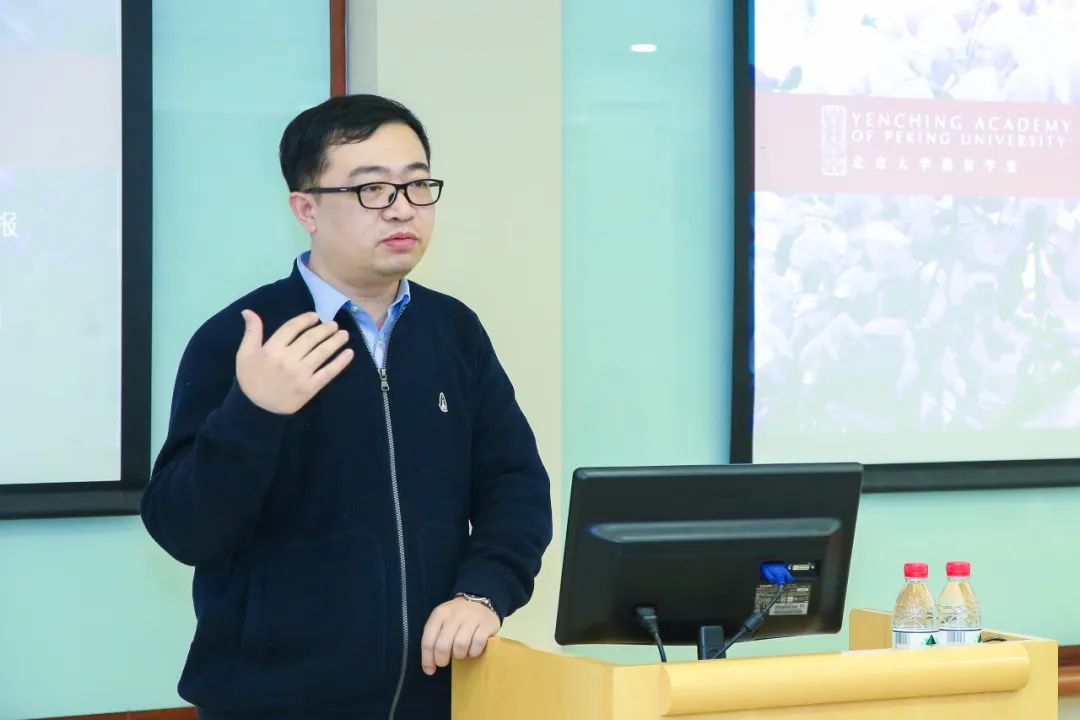
Professor Tian Kai (PKU School of Government) stressed the Academy's development strategy and the necessity for China Studies to be appropriately categorized. He suggested a closer collaboration between the School of Government and Yenching Academy in research and faculty resources to offer better field study opportunities to Yenching Scholars. Also, Professor Tian suggested a YCA-based academic platform for Scholars engaging in China Studies to invite more scholars from different disciplines to the Academy for academic exchange and events. It is a likely alternative for the Academy's future development. Professor Tian has been impressed by Yenching Scholars' academic caliber and critical thinking, and has enjoyed his time teaching at the Academy.
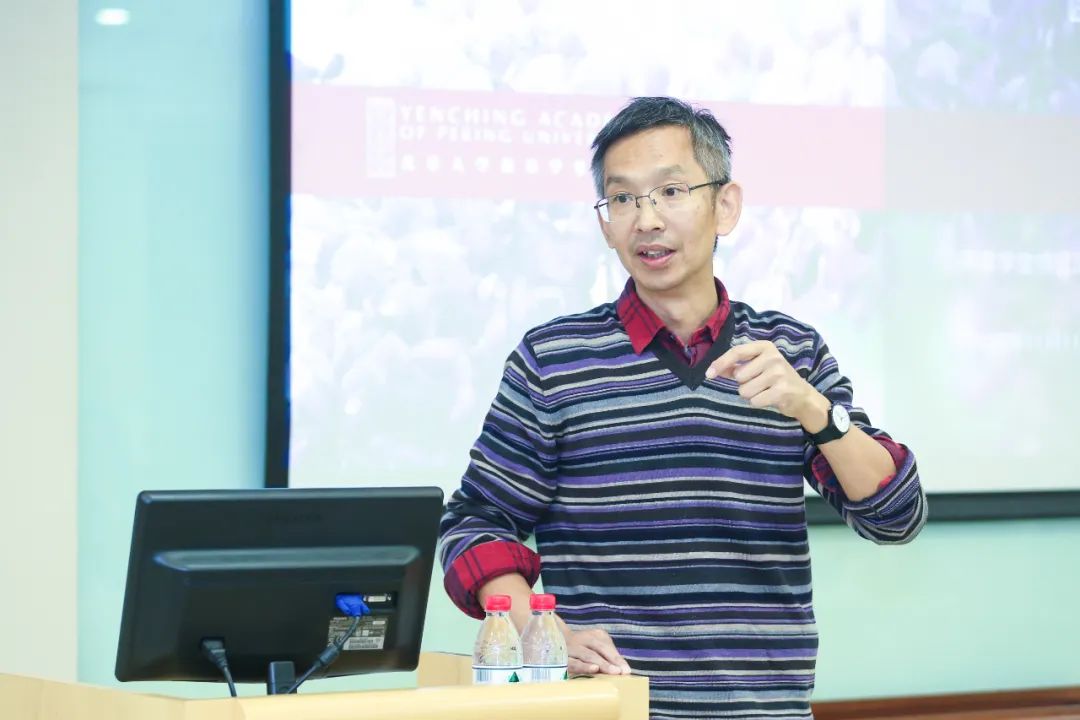
Professor Suo Lingyan (PKU School of Economics) focused on the continuity of discipline-based training and highlighted the relevance of the Academy's China Studies program in three aspects: relevance of the study track and Scholar's academic background; relevance of training objectives and content; and relevance of course design. The Academy needs to deal holistically with admissions, training, career development, and advanced study. She suggested that a larger expert panel be invited for degree evaluation; specialized courses could be designed for profession-targeted training and career development.
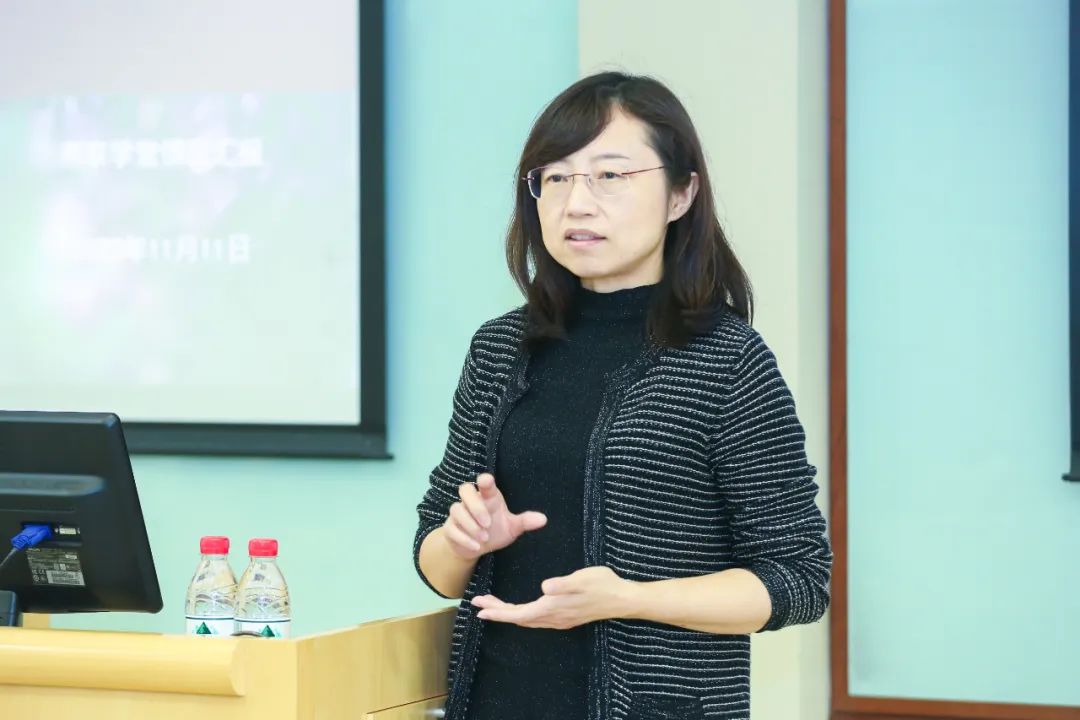
Professor Wu Jing (PKU School of Journalism and Communication), a lecturer in YCA's "China in Transition" course, recalled the background and objectives of the Academy's China Studies program. Professor Wu reckoned that China Studies aims, drawing upon strengths in traditional discipline-based knowledge structure and methodology, to equip new generations with social sciences and richer cultural experience, to deal with complicated and cross-cultural situations. In Wu's opinion, the Academy's China Studies program develops career- and academic-based global governance talents with Chinese and international viewpoints.
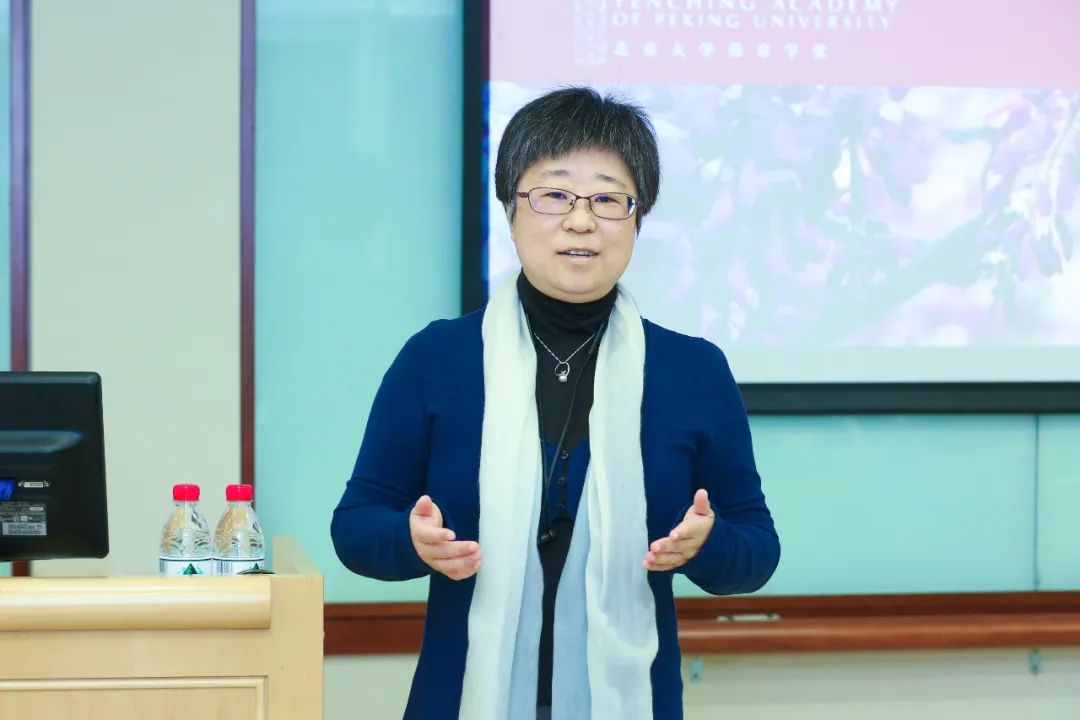
Professor Cheng Lesong (PKU Department of Philosophy and Religious Studies) focused on the discipline itself and instructions of knowledge. He emphasized the role of teaching in advancing the understanding of China. Professor Cheng suggested that the Academy develop talents sharing similar instructions of knowledge, who receive training in cultural and empirical methodology and gain a related understanding of Chinese culture and society from Chinese perspectives. He encouraged international students proficient in Chinese to take courses taught in Chinese because it helps academic-based or academic-aimed students understand China in a way Chinese researchers do. He appreciated the opportunity YCA has offered for its faculty to dive deeper into interdisciplinary topics.
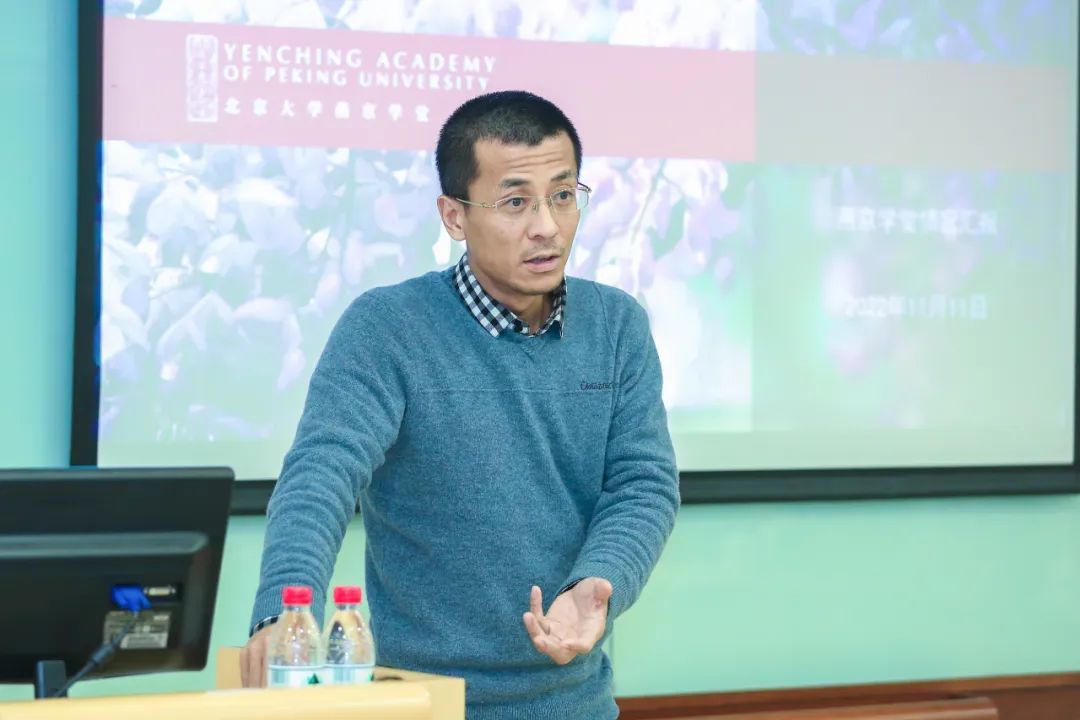
Professor Ha Wei from the PKU Graduate School of Education congratulated the Academy for winning the Second Prize in the Beijing Awards for Teaching Achievements. He appreciated Professor Dong's new thought on China Studies as a discipline as it underpinned the Academy's efforts with a theory. Professor Ha was impressed with the academic caliber of Yenching Scholars, many of whom have taken doctoral programs in PKU schools and departments. A lecturer and thesis instructor at the Academy for the past years, Professor Ha suggested a customizable pattern for the Scholars who plan to apply for PKU's doctoral programs, incorporating the students in advisor's programs/projects accordingly. He highlighted a customizable pattern for the students who are potential workers of international organizations.
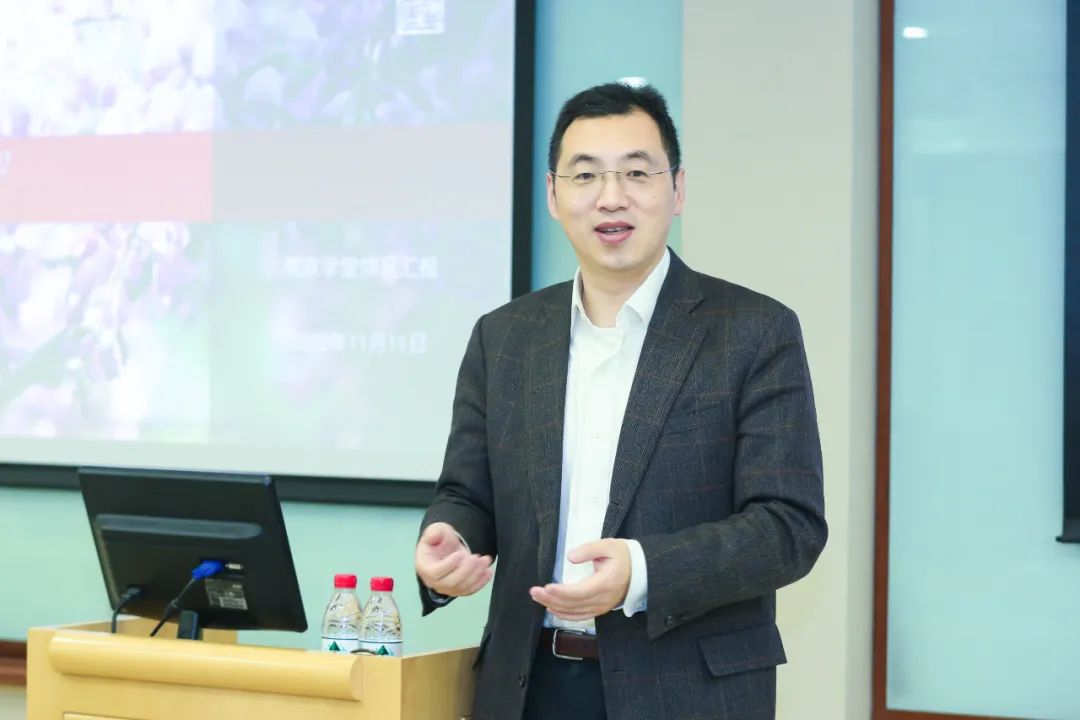
Professor Zhang Shiqiu (PKU College of Environmental Sciences and Engineering) recounted her experiences transitioning from economics to environmental sciences as a young student. She noted that Scholars engaging in traditional and interdisciplinary areas vary in size, and these fit into the discipline management system to different degrees. Therefore, Professor Zhang stressed the necessity and importance of establishing a knowledge structure for the Academy's students because the classroom was not the only place to acquire knowledge in the Internet age. Therefore, the Academy must offer career- and academic-oriented training patterns. YCA must be a place where its Scholars' capabilities are fully tapped. Professor Zhang invited Yenching Scholars to the courses under the College's double degree programs taught in English.

Dean Dong Qiang was grateful for all the suggestions and pieces of advice. The Academy will break new ground for its Scholars and future development under the established framework.
Only fertile soil produces desirable fruits. The Teaching and Steering Committee will step up efforts to build the Academy's China Studies program into a world-class interdisciplinary program. We aim to offer a better customizable master's program for Chinese and international students.
